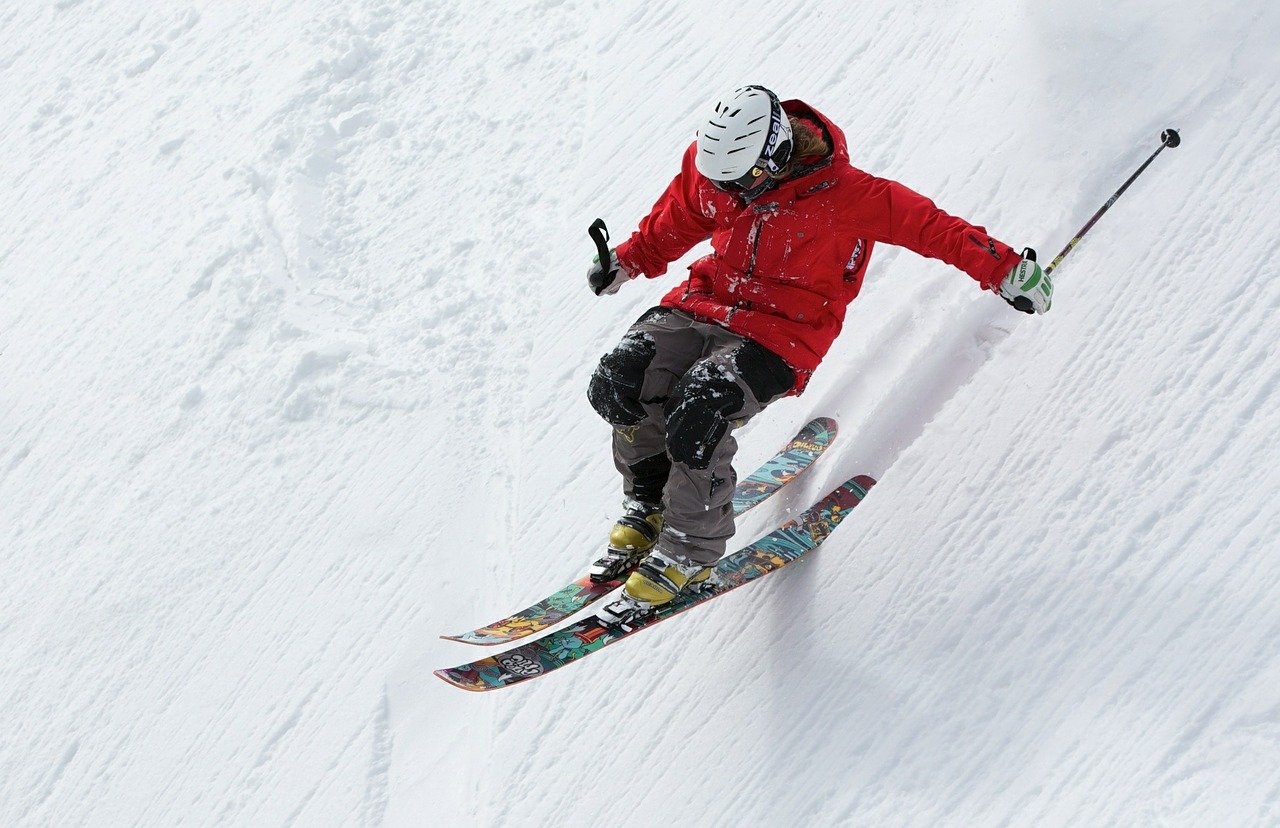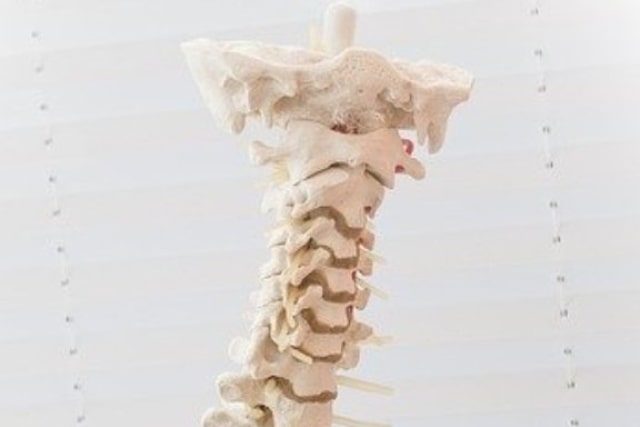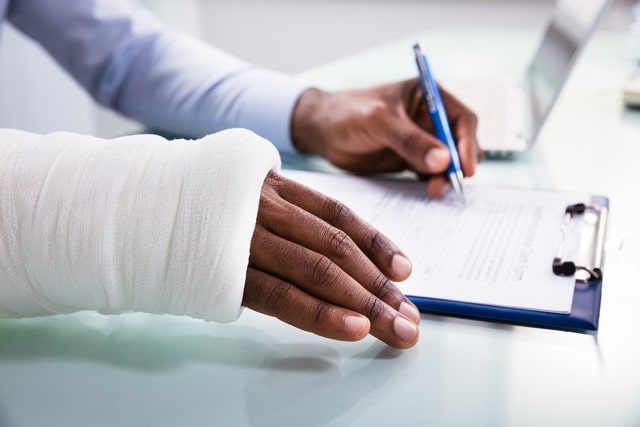
Who Is at Fault in a Ski Accident?






Understanding Fault in Ski Accidents: Legal Insights and Guidance for Claimants
The thrill of skiing across Vermont and New Hampshire’s mountains can turn in an instant. One moment, you’re enjoying pristine slopes, and the next, you’re facing the harsh reality of a collision or accident. When this happens, the physical injuries—from fractures and concussions to lasting disabilities—can be overwhelming. But the impact doesn’t stop there. Mounting medical expenses, loss of income, and ongoing pain disrupt your life, leaving you searching for answers and support in a time of need.
Navigating this challenging aftermath alone can set you back even further. Victims often feel powerless, facing insurance claims, legal uncertainty, and complex questions about who is at fault. At Sabbeth Law, we’ve helped ski accident victims reclaim control after injury has upended their world. We understand the heavy financial costs as well as the anxiety and trauma that can linger for seasons to come. Some find themselves unable to return to the activities they love, and the burden of lost wages and financial strain can be just as devastating as the injury itself.
When an accident on the slopes disrupts your life, understanding your legal options is a crucial step to recovery. Whether your injuries happened at Killington, Stowe, or any resort in the region, our ski accident lawyers are ready to help you pursue the compensation you deserve—from medical costs and rehabilitation to pain, suffering, and future lost income.

Determining Fault, Liability, and the Consequences of Ski Accidents
The question at the heart of most ski accident cases is, “Who is at fault?” Establishing fault means identifying who was legally responsible for the injuries and damages that resulted from the incident. This is a pivotal factor, as it determines your path to recovering compensation for everything you’ve lost.
In Vermont and New Hampshire, serious ski accidents often lead to significant consequences, such as:
- Extensive medical expenses and potential for ongoing care
- Lost income during recovery and, in some cases, permanent loss of earning capacity
- Substantial pain and suffering, both physical and emotional
- Impact on your lifestyle and ability to enjoy outdoor sports and cherished activities
Acting quickly is crucial to evaluate your situation, determine liability, and assemble evidence that supports your right to fair compensation. You don’t have to struggle through the uncertainty alone.
Contact UsWho Is at Fault in Ski Accidents, and Are There Any Exceptions?
After a ski accident, determining who is at fault can be complex. The process goes far beyond who collided with whom. Fault hinges on skier behavior, responsibility codes, external conditions, and the applicable law. A personal injury attorney’s job is to uncover the facts that put the responsibility where it belongs and fight to secure the compensation you deserve.
In most skiing incidents, the Skier Responsibility Code provides the foundation for figuring out liability. This code, established by the National Ski Areas Association, sets the standard for what constitutes reasonable behavior on the slopes:
- Staying in control at all times.
- Yielding to people ahead of you.
- Stopping only where visible and without blocking.
- Yielding when entering downhill traffic or merging.
- Securing your equipment to prevent runaways.
- Heeding all posted signs, warnings, and markings.
- Using lifts safely and appropriately.
When a skier or snowboarder violates these principles and causes a collision, they may be held legally responsible for the resulting injuries. For example, a skier traveling too fast who overtakes and collides with someone further downhill is typically at fault.
However, fault is not always absolute. Both Vermont and New Hampshire use a comparative negligence system, which means that:
- You can still pursue compensation even if you contributed to the accident.
- Your recovery may be reduced by the percentage of fault assigned to you.
- The actions of all parties—not just the other skier, but the resort or equipment providers—are reviewed.
There are notable exceptions to standard fault rules. For instance, if your accident was caused by a ski area’s failure to mark hazards, a malfunctioning lift, or defective rental equipment, additional parties may be held liable. Product manufacturers and instructors may face responsibility if their negligence contributed to your injuries.

Key Factors Influencing Liability
Every ski accident has unique circumstances. To accurately determine liability, we carefully analyze the behavior of everyone involved, the environment, and adherence to established safety standards. This approach is guided by:
- Skier Conduct: Did the skier follow the responsibility code? Were they skiing recklessly, ignoring signage, or impaired?
- Assumption of Risk: Vermont’s sports injury laws (12 V.S.A. § 1037) codify that all participants accept inherent skiing risks but not injuries stemming from another’s gross negligence or disregard for safety.
- Ski Resort Obligations: Resorts are responsible for safe trail markings, maintenance, lift operation, and staff supervision. Courts have clarified that resorts cannot waive all liability solely through printed waivers.
- Comparative Negligence: In Vermont, if you’re found no more than 50% at fault, your compensation is merely reduced by your fault percentage. This relevant principle has been long confirmed in the 1992 case of Pitasi v. Stratton Mountain Inc.
- Documentary Evidence: Eyewitness statements, photos, medical records, patrol reports, and snow/weather data help reconstruct the event and prove who was at fault.
- Legal Precedent: Cases such as Dillworth v. Gambardella and Dalury v. S-K-I Ltd. reinforced skiers’ responsibilities and resort duties, directly shaping how courts view accident liability in Vermont.
- Expert Testimony: In complex cases, experts can help decode skier conduct, resort protocol, and adherence to industry standards.
By comprehensively examining these factors, we build cases that reveal the whole truth and support your path to recovery. Determining fault in ski accidents may be likened to personal injury litigation in Vermont & New Hampshire, as expounded below.
Contact UsUnderstanding Negligence and Legal Claims: Your Right to Seek Compensation
In every ski accident injury case, establishing negligence is the cornerstone of your claim. At Sabbeth Law, we focus on clarifying who owed a duty of care, what standards were breached, and how those actions directly caused your injuries.
To prove negligence in these cases, we must show:
- Duty of care: All skiers must act reasonably and follow the skier responsibility code.
- Breach: Someone failed to meet the standard of care required in the situation.
- Causation: That failure caused your injury.
- Damages: You suffered losses, such as medical bills, lost wages, or lasting pain.
The unique context of skiing introduces “assumption of risk,” but this does not excuse reckless conduct. Negligent skiers, resort staff who overlook safety, or equipment companies that provide faulty gear must still be held accountable. For you, that may mean pursuing a claim against another skier for a collision, a resort for failing to mark hazards, or even a rental company for poorly maintained equipment.
Complying with personal injury statutes of limitations work in Vermont and New Hampshire is crucial. These states generally provide a window of two to three years to pursue your claim. Waiting too long can result in forfeiting your right to compensation.

Contact Sabbeth Law For Legal Support for Ski Accidents
When an enjoyable day on the slopes becomes a battle for recovery, understanding your legal rights and the steps ahead is vital. At Sabbeth Law, we combine deep local knowledge with years of experience handling complex ski accident cases in Vermont and New Hampshire. We know that ski accident liability isn’t always simple—whether another skier violated the responsibility code or the resort failed to maintain safe trails, we’re here to uncover the truth and fight for your compensation.
We fight to ensure you’re compensated fully, including for:
- Medical expenses: ER visits, surgeries, therapy, and future care
- Lost wages and earning capacity: Past and future income lost due to injury
- Pain and suffering: For both physical pain and emotional trauma
- Disability or disfigurement: Additional damages for permanent impact
- Loss of enjoyment: When injuries take away your passions
Our approach is thorough and strategic. We start with an immediate investigation, securing fresh evidence and analyzing every factor that may support your case. From interviewing witnesses to consulting with medical and industry experts, our goal is always to maximize your recovery and ease your financial burden during a difficult time.
Time is critical as evidence can vanish. Your opportunity to claim compensation if legal deadlines may also expire. As soon as you contact us, we act quickly to protect your rights.
If you or someone you love has been injured on the slopes, don’t let confusion about fault or the complexity of the legal system hold you back. Sabbeth Law is ready to guide you every step of the way. Our team provides a free, confidential consultation, and we only get paid if we successfully recover compensation for you. Take the first step toward your recovery. Contact Sabbeth Law today to discuss your ski accident case.
Contact UsPractice Areas
Client Testimonials
LUKE PARMENTER“Immediately after my son’s injury at work, he was treated poorly. Over the course of the next few days it became even worse, so I called Mike and he and Crystal have been absolute lifesavers during the process. Mike is not your typical stuffed suit lawyer who only cares about the bottom line he genuinely cares about his clients and his assistant Crystal is beyond amazing! My thanks to you both!”
Client Testimonials
“Immediately after my son’s injury at work, he was treated poorly. Over the course of the next few days it became even worse, so I called Mike and he and Crystal have been absolute lifesavers during the process. Mike is not your typical stuffed suit lawyer who only cares about the bottom line he genuinely cares about his clients and his assistant Crystal is beyond amazing! My thanks to you both!”
LUKE PARMENTER
“I could never ask for a better attorney, to fight for me, to believe in me, and have faith in me, than what I found in Mike Sabbeth, He doesn’t treat you like a client, he treats you as if you are one of his own family members, He will fight for you, with all he has, and is ALWAYS up front and honest with you about everything!”
SANDRA DRUGE
